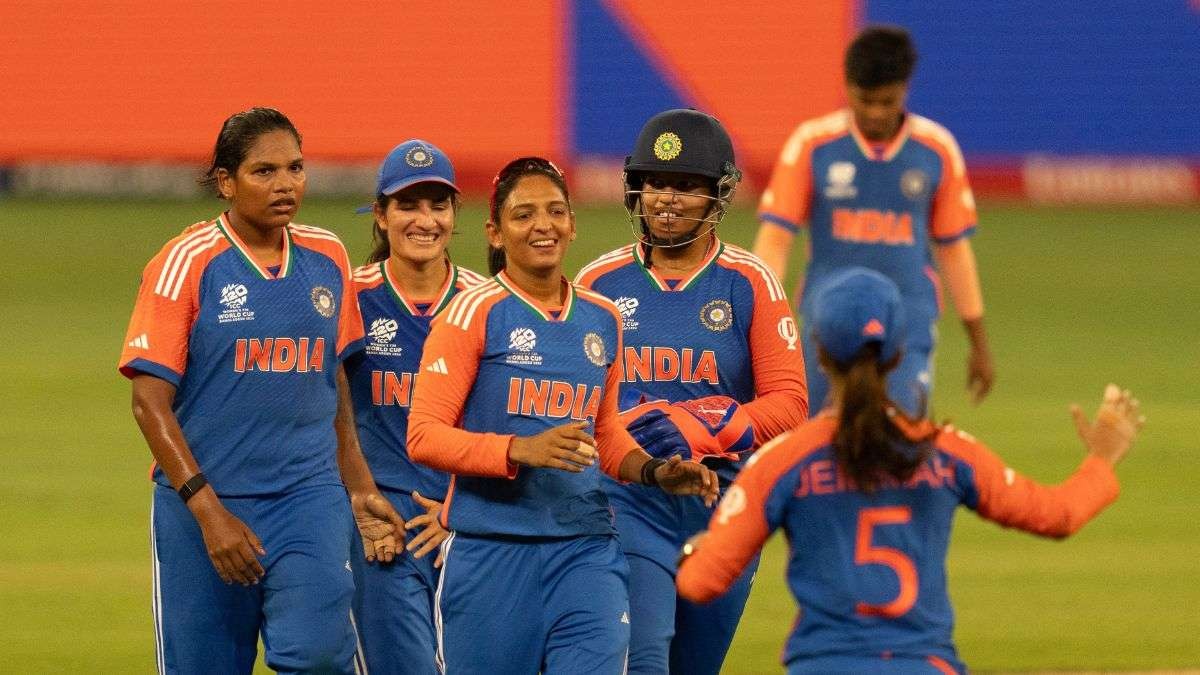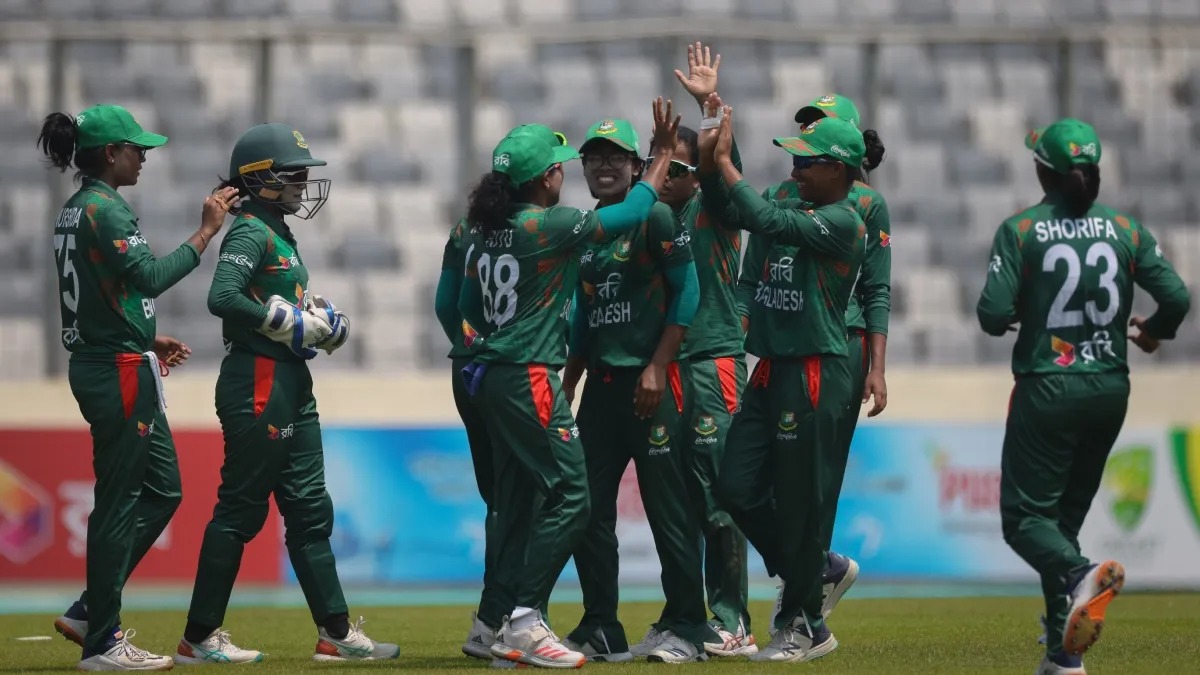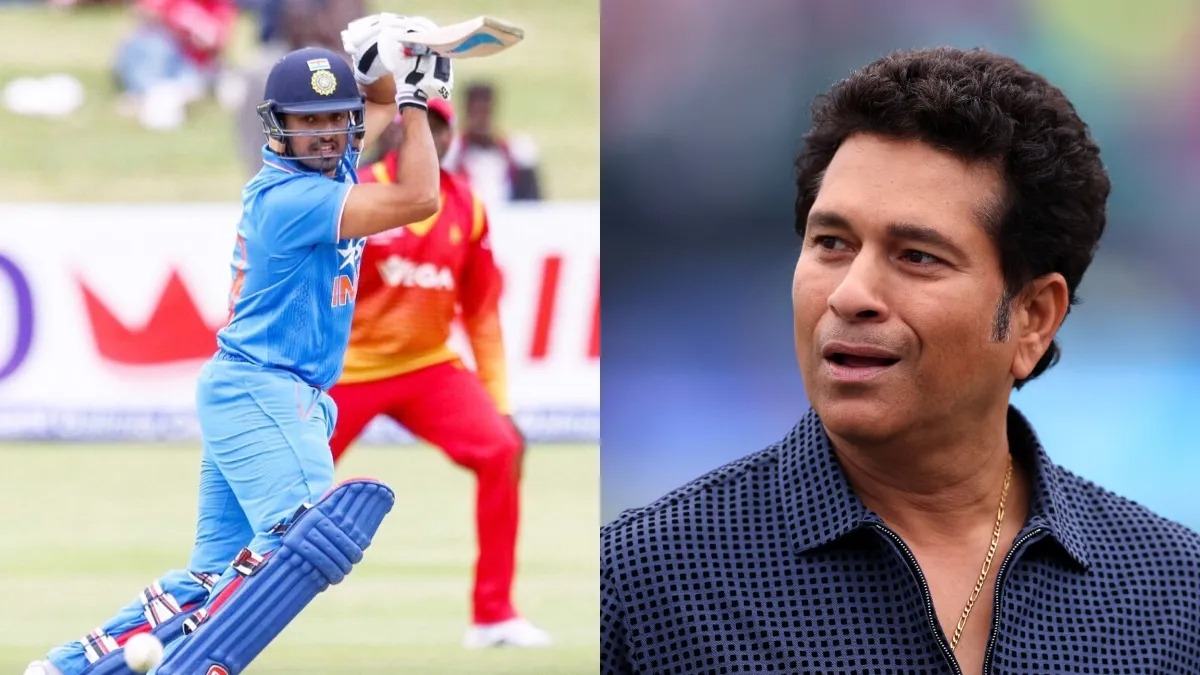
Sports: India's ICC Women's T20 World Cup campaign got off to a horrid start as they got thumped by New Zealand by 58 runs in their campaign opener on Friday, October 4 at the Dubai International Cricket Stadium.
Though India were totally outplayed in the contest, what grabbed more eyeballs was an umpiring controversy that erupted in the middle of New Zealand's innings.
The incident involved New Zealand's star batting allrounder Amelia Kerr as she was declared not out despite finding herself short of the crease in an attempt to steal a second run on the final ball of the 14th over.
India felt that they were robbed of a legitimate wicket as the umpires declared that the ball was dead when the run out was effected.
What happened?
Amelia Kerr played a short of a good length delivery bowled by Deepti Sharma towards the long-off fielder and rushed for a run. Harmanpreet Kaur patrolling at long-off fielded the ball but didn't throw it back to either the bowler or the wicketkeeper immediately.
Kerr saw it as an opportunity to steal a second run and rushed back to the striker's end. Sensing the same, Harmanpreet took a shy at the stumps on the striker's end. Wicketkeeper Richa Ghosh collected the ball and dislodged the bails cleanly and Kerr was found short of her ground.
Dejected by her dismissal, Kerr started heading back to the dugout before she was stopped by the fourth umpire Lauren Agenbag. The on-field umpires Jacqueline Williams and Anna Harris ruled it dead and denied India the run out.
The Indian players engaged in a long discussion with both umpires and the head coach Amol Muzumdar was also seen having a word with the fourth umpire.
What does the rule book say?
Here's what the MCC's law on the Dead ball says:
- The ball shall be considered to be dead when it is clear to the bowler's end umpire that the fielding side and both batters at the wicket have ceased to regard it as in play
- Whether the ball is finally settled or not is a matter for the umpire alone to decide
- Neither the call of "over" nor the call of "time" is to be made until the ball is dead
- When the ball has become dead, the bowler's end umpire may call and signal "dead ball" if it is necessary to inform the players
Jemimah Rodrigues mentioned that India were unlucky to not get the decision in their favour and called the decision "a bit harsh".
"I was not there when the umpire gave the cap to Deepti, but, I mean, New Zealand were pretty sure that it was a double run and Amelia went for it, which showed that the over was not called out yet. And we all thought that, okay, we got that run-out. What if that run-out wouldn't happen? Would they give us a two for that. So I think, honestly, that's not in our control at the end. We respect the decision of the umpire and we were okay with that. But yeah, it's a bit harsh when Amelia herself walked out because she knew she was out," Jemimah was quoted as saying by ESPNcricinfo.
--Advertisement--

 Desk
Desk Share
Share






